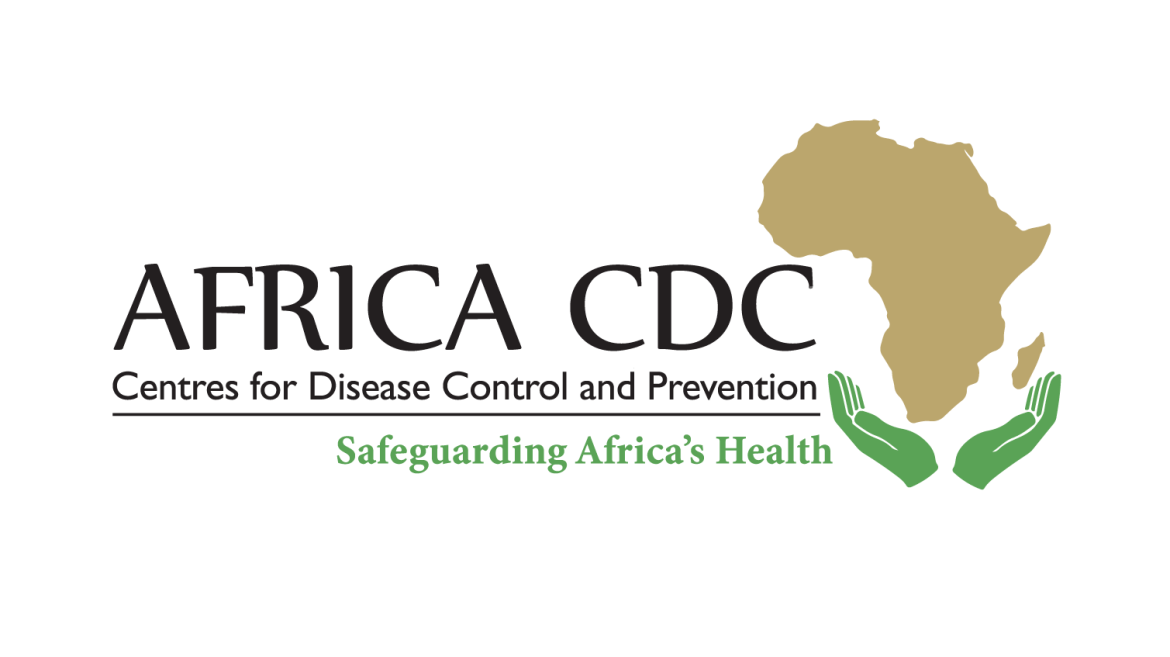By Iyemah David
The Africa Centres for Disease Control and Prevention (Africa CDC) has called for urgent action in the battle against health emergencies including Mpox, cholera and anthrax.
With the Mpox outbreak still affecting several African countries, the centre reaffirmed commitment to intensifying response efforts under its newly launched Mpox Response Plan 2.0.
Director General of Africa CDC, Dr Jean Kaseya said this on Thursday, during the Weekly webinar media briefing.
He said that as of epidemiological week 14, Mpox has spread to at least 12 countries, with over 27,000 confirmed cases and 167 deaths since 2024.
Dr Kaseya said that the Democratic Republic of the Congo (DRC) remains the epicentre.
He added that Uganda alone accounted for 51 per cent of the continent’s cases this week, with high mortality reported particularly among people living with HIV.
So far, he said, over 662,000 vaccine doses have been administered across 10 African countries, with 595,000 people vaccinated.
“Uganda alone vaccinated 61,000 people, primarily targeting high-risk groups such as sex networks, long-distance drivers, and fisherfolk.
“DRC has also issued a waiver to speed up vaccine delivery, now focusing efforts on the Kivus,” he said.
Kaseya said that the centre was also tackling cholera outbreaks in the DRC and Angola, anthrax in Uganda and DRC’s wildlife, and monitoring the Sudan Ebola Virus situation.
He said that Angola, in particular, has recorded 12,368 cholera cases and 473 deaths, with children under 15 being the most affected.
“In response to these concurrent crises, Africa CDC is promoting an integrated approach to public health emergencies.
(It is) linking Mpox, cholera, measles, and anthrax into a coordinated outbreak response supported by cross-border surveillance and the One Health strategy,” he said.
He also highlighted the international spread of Mpox, with recent cases reported in the UK, Switzerland, and China.
“Most international cases are linked to travel from Africa or are spreading within men’s sexual networks, underscoring the global nature of the threat,” he said.
He said that the Response Plan 2.0 underscores three pillars.
They are Intensification, Integration, and Legacy, aiming to reduce the Mpox burden by half in endemic regions and strengthening Africa’s preparedness for future outbreaks.
The DG said that the centre was also expanding partnerships in stakeholders.
These include receiving 23,000 doses of the MVA-BN vaccine from Spain and working with countries to decentralise diagnostics and build resilient health systems.




